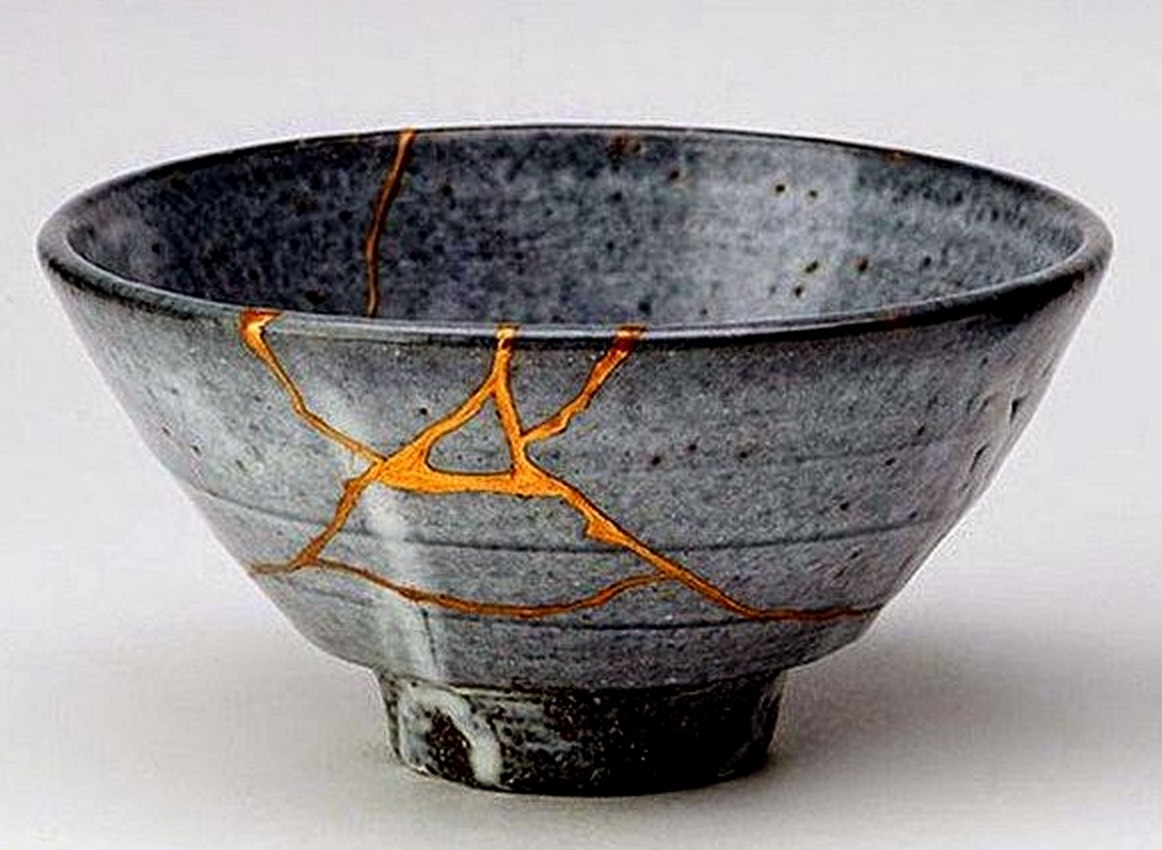
I was pretty direct with God in Monday's post, wasn't I? You break it, you buy it. Meaning, of course, if the universe is flawed, God has to be held responsible. But what if the "template" was always for us (humanity) to integrate the spiritual with the material? If God is ONE (unified, whole) how would it be possible to observe or experience other aspects of Oneself? Fragmentation was required, division necessary. In a word, duality. So the physical world came to be. And eventually, us.
Understand that fragmentation was contingent on the left hand not knowing what the right hand was doing. Only this could insure an impartial, unbiased flow of information from experiences that, by their very nature, would be partial and biased. Because the One had to imagine something other than Itself, (ergo a clone) the only way possible was through a limited and seemingly separate expression of It's consciousness; with these limitations and separations becoming more pronounced as they filtered down through the diverse manifestations of the One. (think; man--dog--flower--rock)
And this is where we come in. With our understanding we can observe and experience fragmentation as a revelation of the One. The bowl pictured above is an image of kintsugi, the Japanese art of pottery repair. (see; Wabi Sabi 2-13-14) It is an invaluable aid to understanding what we do with the broken pieces of the vase. We put them back together, more beautiful than before. In this way we answer the two most vexing questions that mankind has ever posed: "who am I" and "what am I doing here."
